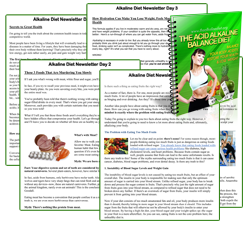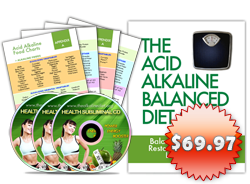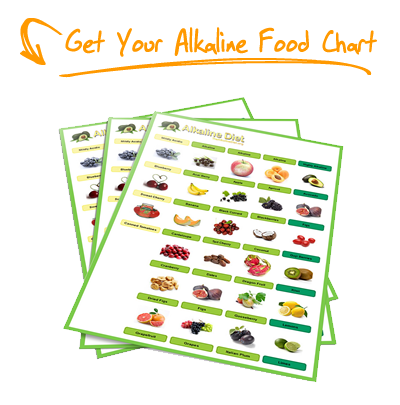The Myths About Soybean
Posted on 02. Mar, 2010 by George Tee in Alkaline Diet Tips, Blog
With the popularity of non-meat diets among many people, looks like soybean has been living up to its name as the number one choice for the vegetarian as well as health-conscious group.
What is Soybean?
Soybean is a species of legume native to the East Asia. Its plant has been widely used in China for 5000 years because of its ability to produce nitrogen into a soil as part of crop rotation.
Today, as Chinese learned how to ferment soy beans, it has become a well-known “nutrition food” among many people. It is commonly used as a substitute for meat and is known for easily digestion. Generally, it’s considered to be one of the most beneficial and body building food around.
However, latest researches reveal facts that are contrary to the common belief about soybeans.
Here are 3 unknown truths about this product that you probably haven’t heard of.
Myth 1: Soybean is good for the health
Fact: Contrary to that popular belief, soybean is excessively loaded with many natural toxins or “antinutrients”
Soybeans are high in phytic acid. It’s a substance that can obstruct the absorption of vital minerals such as magnesium, calcium, copper, iron and most importantly zinc. These minerals are important in maintaining a strong immune system so frequent intake of soy risks severe mineral deficiencies.
Furthermore, a very large percentage of soy is genetically altered and it also has one of the highest percentages of contaminations by pesticides of any of our foods.
Myth 2: Soy formula for infants is safe and actually healthy
Fact: Soy food is the least beneficial food for infants because of its many natural toxins.
In fact, According to the Soy Online Service, any soy for infants is too much.
Soy foods contain inhibitors that slow down the protein digestion and will also cause a tremendous harmful effect in the functioning of the pancreas. Those inhibitors can also lead to poor growth. Soy food amplifies the body’s need for vitamin D, the mineral responsible for having strong bones and normal growth. Furthermore, soy’s deficiency in cholesterol which is essential for the development of a young’s brain and nervous system, is evident. Therefore, malnutrition is very likely to happen among infants that are fed with soy formula
Myth 3: Soybean may have adverse effects, but they are not very dangerous to health.
Fact: With the large quantity of different kinds of harmful toxins present in soybean, it proves to be associated with deadly disorders like cancer. It also has phytoestrogens that harmfully affects the endocrine function. Another is the goitrogen which reduces thyroid function and results to thyroid cancer and hypothyroidism. Since it is high in trypsin inhibitors, it can cause pancreas enlargement as well as other pathological disorders.
In addition to that, a toxin haemagglutinin, clots the blood and cause the red blood cells to clump together. Blood clotting can lead to serious medical complications such and can be potentially deadly.
What to do then?
It is best to avoid different kinds of soy altogether. Discontinue your intake of tofu or miso in your diet. Hidden sources of soy include oil used to fry packaged chips and crackers, Commercial soy milks and other soy foods and packaged meals like chips and nuggets.
Soy foods and organic soy alike share similar harmful toxins and it doesn’t matter how they are processed. Consequently, the effects of these products whether fermented or organically prepared, still remain the same.
To sum up, soy products may be a number one option for healthy diets over the years, but then, latest research shows the opposite. This should keep us aware of the truths behind this popularly opted product. In addition, we should continue to educate ourselves about the many foods and its real contributions to our health in general.





Recent Comments